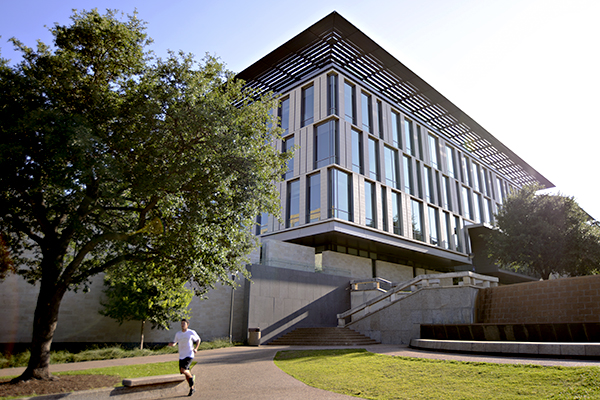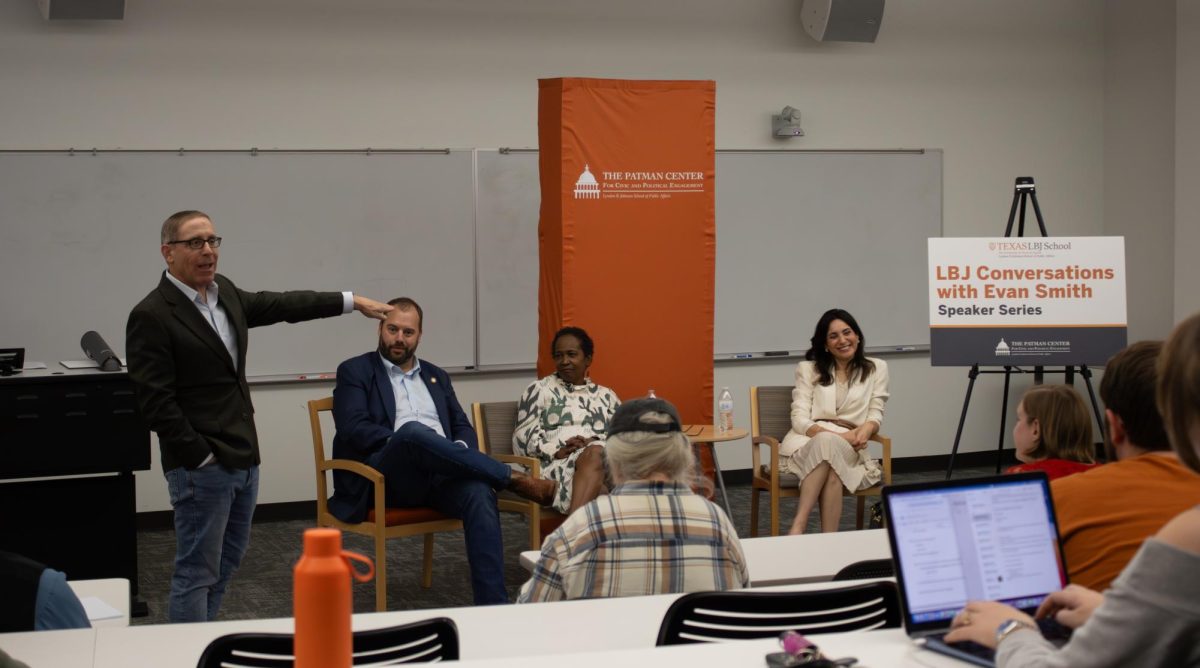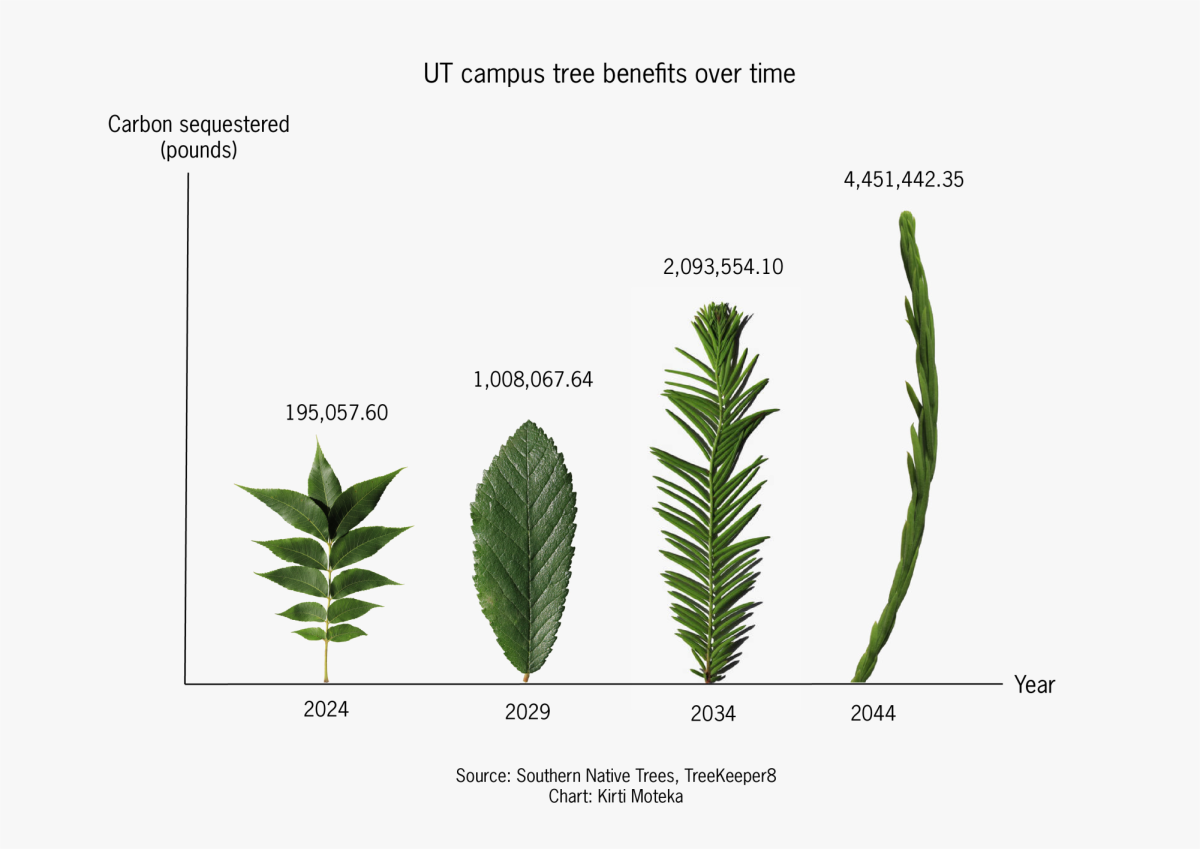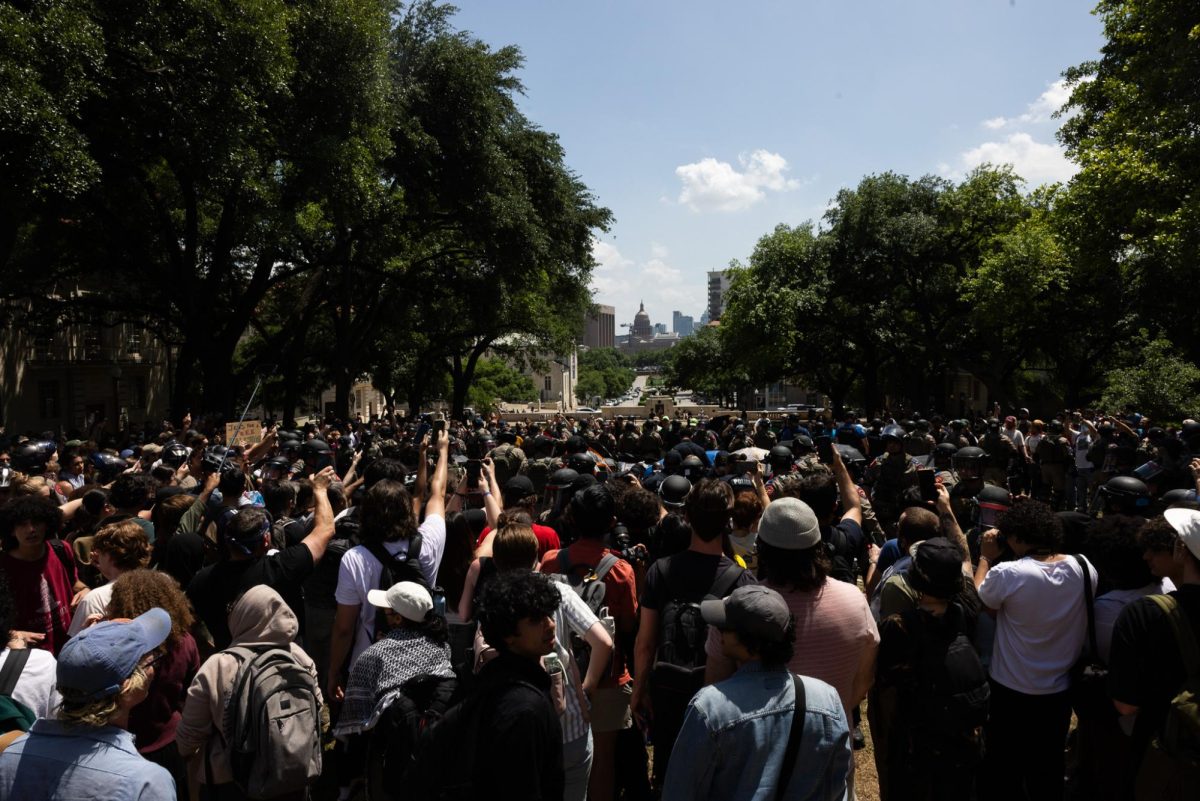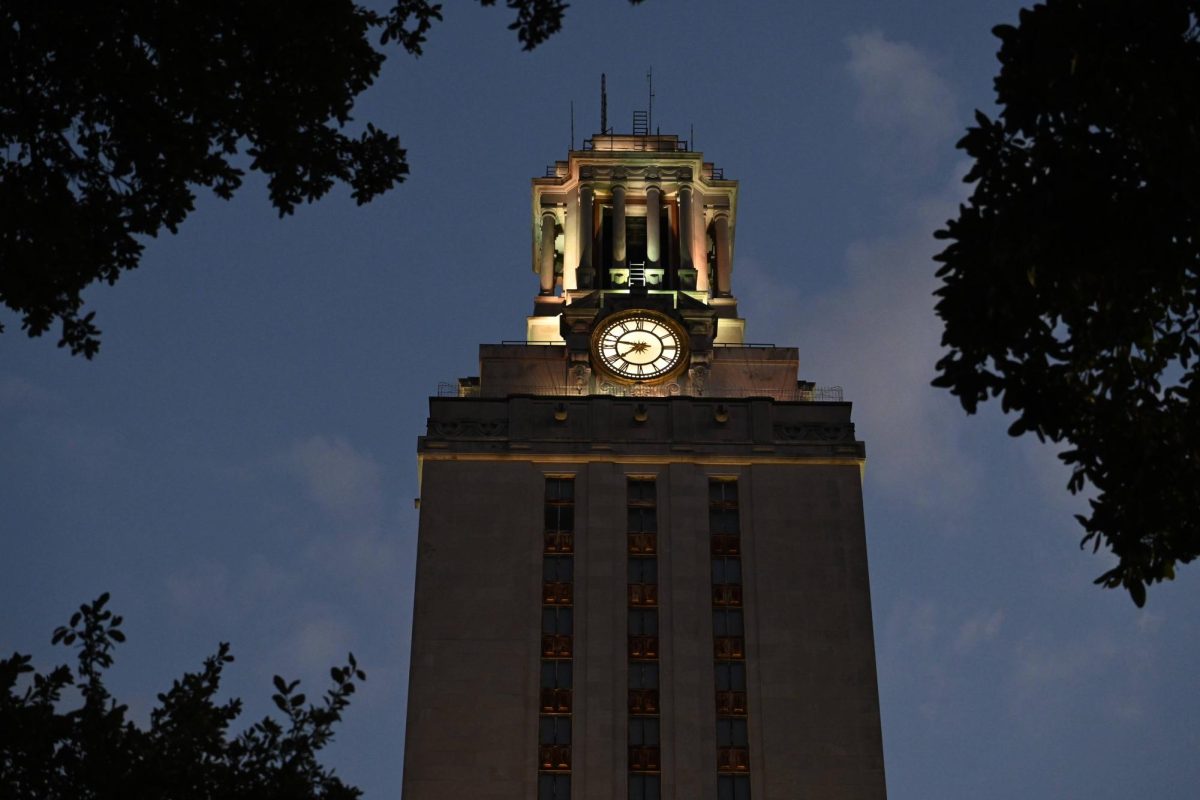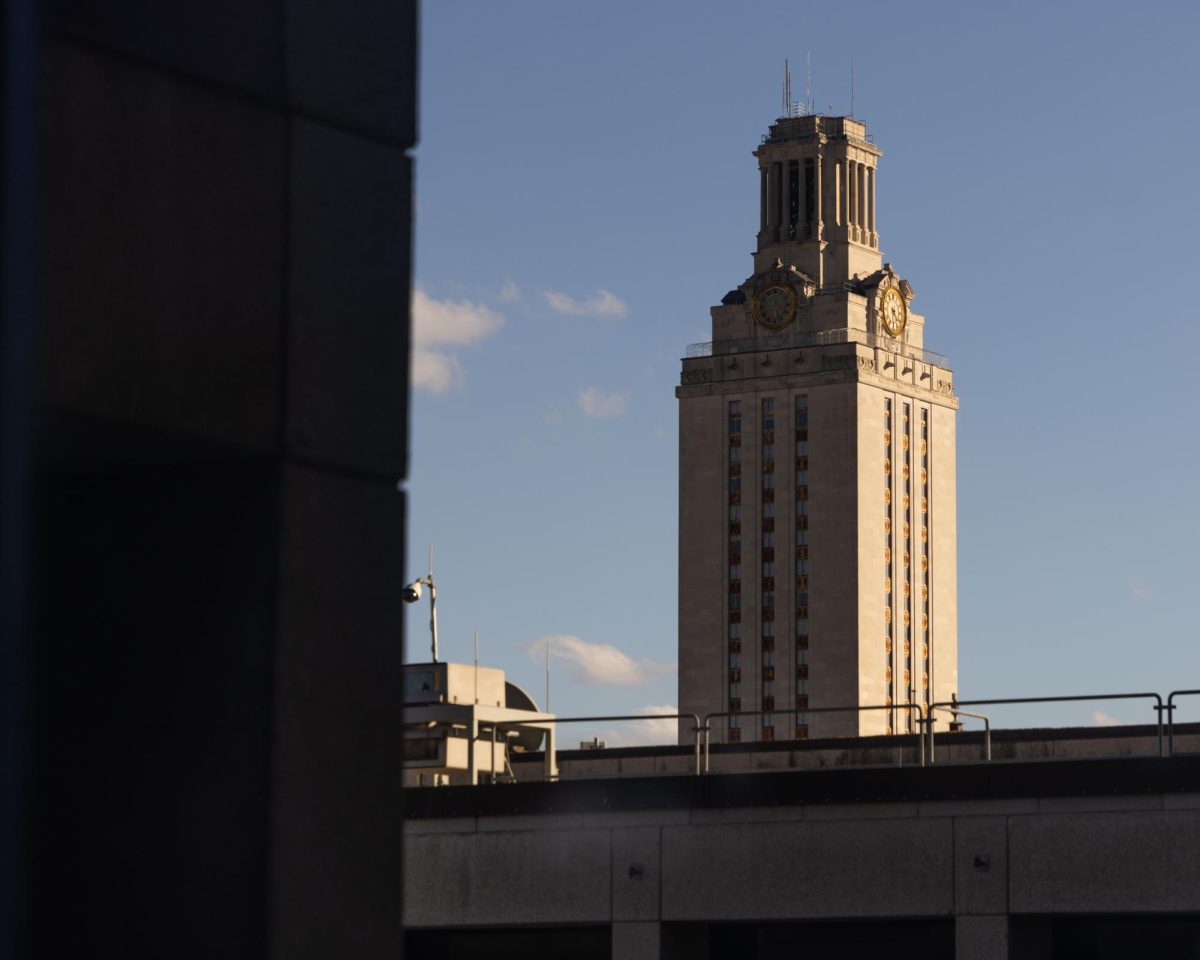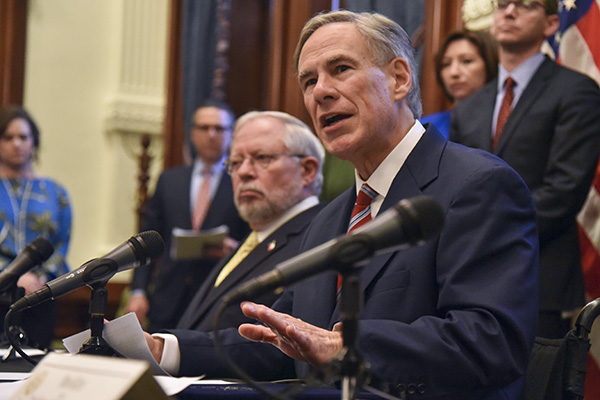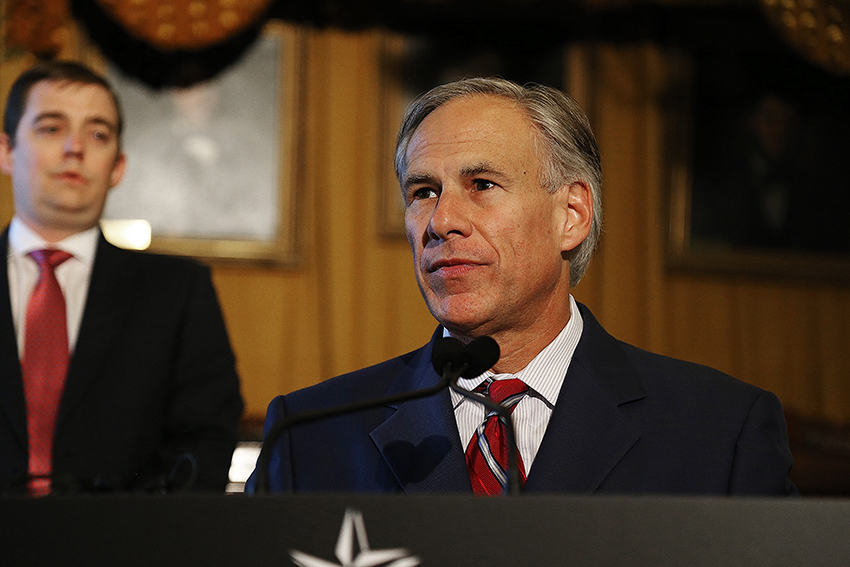A task force was formed Wednesday to make the College of Liberal Arts more inclusive by surveying students and crafting diversity and equity action plans, said one of the force’s co-chairs.
Monique Pikus, director of diversity and organizational climate of COLA’s Office of the Dean, created the 13-person task force and will chair the group with Karma Chávez, department chair of Mexican American and Latina/o Studies. The plan will include a one-year deadline and five-year deadline for completing initiatives to improve and broaden equity.
Pikus said she has only been in the directorial position for four months, so she wants to have the input of the COLA community about issues it faces. She said she hopes to get a better understanding of the individual experiences of different identities in COLA.
“My leadership approach is collaboration,” Pikus said. “To be a true leader, you can’t begin with, ‘This is what I want to do.’ I want the free flow of ideas, and the only way to do that is to preserve your own views until everyone has had the opportunity to express themselves and we’ve actually seen the data.”
Pikus enlisted the help of graduate researchers to reach COLA students, faculty and staff through focus groups and surveys, which will be sent out during the spring and summer. She expects to have the reports compiled by the fall so the task force can analyze the results and use them as inspiration for action plans.
History graduate student Christina Villarreal is Pikus’ graduate assistant and is creating the focus group questions. She said the questions aim to understand the experiences of students, faculty and staff, not just their demographics.
“These focus groups will give a better idea of different groups’ experience and perspective on diversity,” Villarreal said. “This will be one big source of data for the plan.”
Aside from Pikus and Chávez, members will self-nominate and be elected April 1. Representatives must include an undergraduate student, two graduate students, three staff members and four tenured and untenured faculty.
History professor Alberto Martínez nominated himself for the task force. He is the chair of the Independent Equity Committee, which published a report in October 2019 about the inequities Hispanic students and faculty face in academia.
Pikus said she hopes the task force might turn into a diversity board. She said she defines diversity broadly to encompass not only race, but also class, age, gender orientation, sexuality, parenting status and socioeconomic background.
“We are not one identity,” Pikus said. “We are multiple identities, and all of those impact our experience on campus. We want to make sure we are welcoming to all the identities.”
English junior DeShawn McKeel said he received the email announcing the creation of the task force and gets other messages from the University about diversity initiatives. He said as long as he has been at UT, he has not seen any results.
“It’s just a ‘for show’ type of thing,” McKeel said. “It’s all an act or the bare minimum to say they are doing something. I know for as long as I have been coming to UT, Black students have only been 4% of the population, and that has not changed at all.”

